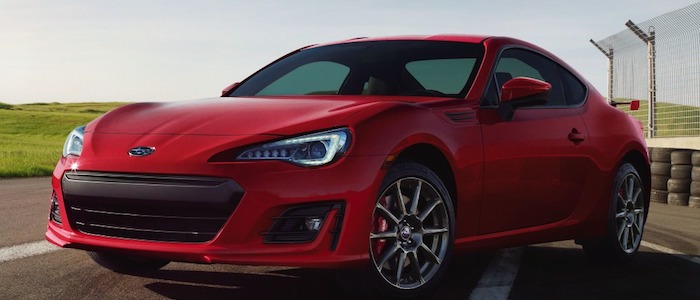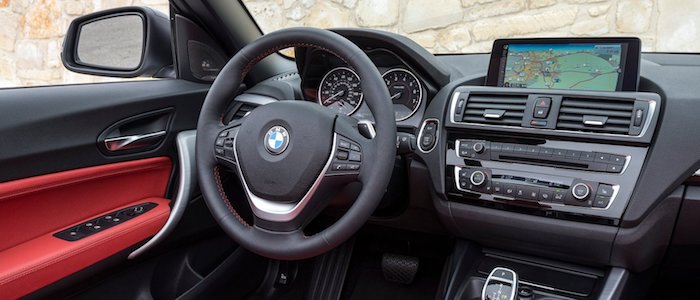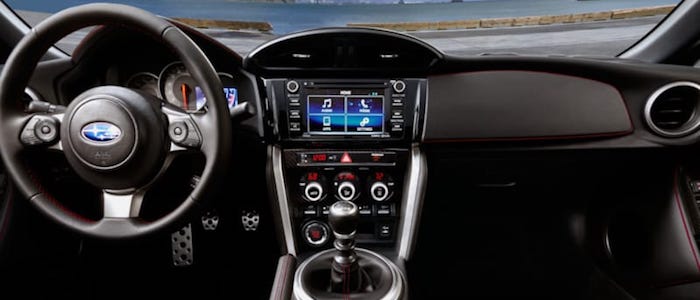Compare two cars
Compare any two cars and get our Virtual Adviser™ opinion
Marketing
Dimensons & Outlines
Engine
Performance (manual gearbox)
Performance (automatic gearbox)
Expenses
Virtual Adviser's™ opinion
Well, these are two pretty similar cars we have here! It's only details that could potentially make the difference. Considering they both belong to the sports car segment and utilize the same 2-door coupe body style and the rear wheel drive system, it all comes up to the specific petrol engine choice they offer. The first one has a BMW-engineered powertrain under the hood, a 6-cylinder, 24-valves 326hp unit, while the other one gets its power and torque from a 4-cylinder, 16-valves 200hp engine designed by Subaru.
SafetyUnfortunatelly, neither of the two vehicles was submitted to the European New Car Assessment Programme (Euro NCAP) testing. This makes it virtually impossible for me to pick one over the other and I'm generally against buying such cars as the safety should really always come first. Moving further on, let's take a closer look at some additional safety-related facts. Both vehicles belong to the sports car segment, which is generally classifying them somewhere in the middle safety-wise, but it doesn't do much to help us decide between the two. Furthermore, if we'd like to consider vehicle mass in this context too, which we definitely should, the German car offers a considerable difference of 15% more metal.
ReliabilityReliability is not the best thing to consider on the make level, but it is worth mentioning that Subaru does have a slight advantage, all the models observed together. That's the official data, while our visitors describe reliability of BMW, as well as Subaru, with the same average rating of 4.2 out of 5. Unfortunatelly, I don't have enough insight that would allow me to comment in more details on the specific models level. We should definitely mention that owners of cars with the same powertrain as the German car rank it on average as 3.0, while the one under the competitor's bonnet gets 5.0 out of 5.
Performance & Fuel economyBMW is undoubtly more agile, reaching 100km/h in 2.6 seconds less than its competitor. In addition to that it accelerates all the way to 250 kilometers per hour, 24km/h more than the other car. When it comes to fuel economy things look pretty much the same for both cars, averaging around 8 liters of fuel per 100 kilometers (36 mpg), in combined cycle.
Verdict
Subaru is apparently more reliable, not too much, but just enough. The most important thing when deciding between any two vehicles should always be safety, both passive and active. In my opinion, everything taken into account, the German car offers significantly better overall protection, taking the lead here. It all continues in the same direction, with BMW being considerably quicker, thus putting more smile on driver's face. It does come at a cost though, and that's the fuel consumption... It's really tough to make a final decision here, but if I'd need to, I'd say BMW. Nevertheless, let's not forget that people have different preferences and needs, so what really counts is your personal feel. I'm only here to help. I suggest you spend two more minutes in order to find out which car, based on your needs and budget, would be picked by the virtual adviser™, among thousands of similar, yet so different vehicles.
































